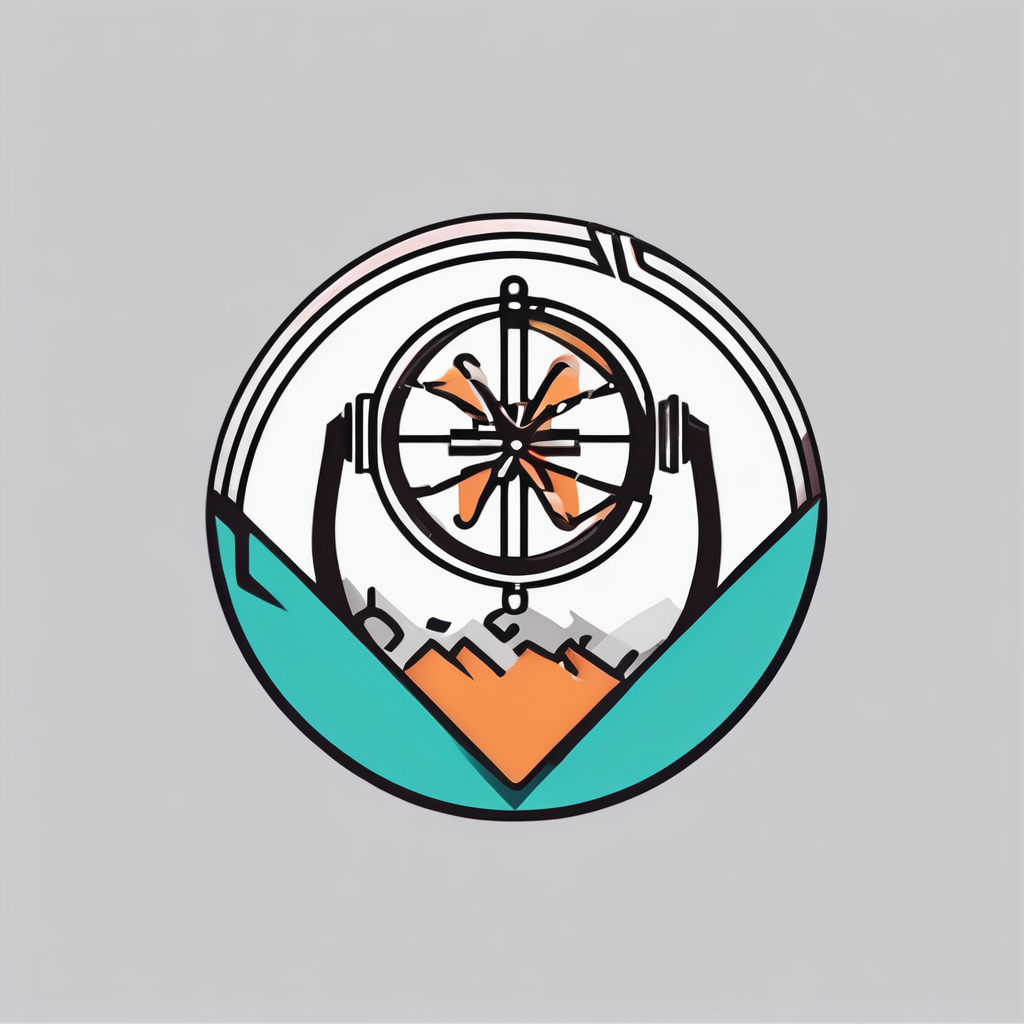Breathing Exercises for Anxiety Relief
In today’s fast-paced world, finding practical and natural methods for managing anxiety has become crucial. Among these, breathing techniques stand out for their simplicity and effectiveness. Incorporating these into your daily routine can provide significant anxiety relief without the necessity of medication.
Deep breathing techniques are renowned for their immediate calming effect. Engaging in deep breathing helps to slow the heart rate, reduce blood pressure, and bring a sense of calmness. Let’s examine a basic exercise:
Topic to read : Ultimate Guide to Keeping Your White Sneakers Spotless: Expert Cleaning and Maintenance Tips
- Sit or lie down comfortably.
- Close your eyes and take a slow, deep breath in through your nose, counting to four.
- Hold this breath for a count of four.
- Exhale slowly through your mouth for another count of four.
- Repeat this cycle for a few minutes.
This exercise can be particularly beneficial in stressful situations. For instance, before a big presentation, practicing these breathing techniques can help soothe nerves and focus the mind. The beauty of deep breathing lies in its accessibility, requiring no special equipment, making it an ideal tool for anxiety relief wherever you are. This simple yet powerful technique can effectively transform anxiety into tranquility.
Mindfulness Techniques to Center Your Mind
Mindfulness is a powerful practice that focuses on being intensely aware of your feelings and thoughts at the moment, without judgment. This heightened awareness can have a significant impact on reducing anxiety. By anchoring yourself in the present, you can lessen the effects of negative emotions and improve your general well-being.
Also to see : Discover the Eco-Friendly Advantages of Incorporating Bamboo Fabric into Your Wardrobe
An easy practice to quickly alleviate anxiety involves mindful breathing. Find a quiet space, sit comfortably, and focus on your breath. With each inhale and exhale, notice the sensations your body experiences. This form of meditation can act as an immediate remedy to calm a racing mind.
Consider a story where mindfulness truly made a difference. Picture a high-pressure scenario: an executive confronted with a critical presentation. Instead of spiraling into anxiety, they took five minutes to engage in focused breathing. This short meditation session enabled improved focus and composure, allowing them to deliver a successful presentation.
Practicing mindfulness consistently can lead to lasting improvements in stress management and emotional resilience. Embracing these techniques enables one to respond more constructively to challenging situations, leading to healthier mental states and improved quality of life. Whether you’re a newcomer or experienced devotee, incorporating mindfulness into your daily routine promises substantial benefits.
Physical Activities to Combat Anxiety
Engaging in physical exercise is an effective means of stress relief and a natural anxiety reducer. There are various types of physical activities that can be particularly beneficial for anxiety management. Aerobic exercises such as running, swimming, and cycling increase heart rate, which enhances oxygen circulation in the body, positively impacting mental well-being. Additionally, practices like yoga and tai chi not only improve flexibility and strength but also incorporate breathing exercises that can help in reducing anxiety.
Physiologically, exercise encourages the body to produce endorphins, chemicals in the brain that act as natural painkillers and mood elevators. The increase in endorphin levels is often associated with reduced stress and anxiety, promoting a sense of relaxation and well-being. Furthermore, regular physical activity reduces levels of the body’s stress hormones, such as adrenaline and cortisol, thus contributing to its stress-relieving effects.
A personal story illustrates the tangible impact of a pre-meeting workout: before an important work meeting, a brief session of moderate exercise, like a brisk walk or a quick yoga session, can significantly lower anxiety levels, leading to increased focus and confidence during the meeting.
Dietary Suggestions to Help with Anxiety
When it comes to anxiety management, the role of nutrition is often underestimated. However, certain foods have been proven to help reduce anxiety symptoms, contributing positively to mental health. For example, foods rich in magnesium, such as leafy greens and nuts, support relaxation by regulating neurotransmitters, helping you maintain a calm state of mind.
Hydration plays a crucial role in maintaining mental clarity. Drinking enough water is essential, as even mild dehydration can impair mood and cognitive functions, exacerbating feelings of anxiety. Ensuring you hydrate adequately can lead to better concentration and a more relaxed mental state.
Choosing the right snack before events that induce anxiety, like a meeting, can also make a significant difference. A balanced snack, such as a banana with a handful of almonds, can help maintain blood sugar levels, thus promoting both relaxation and focus. This food for mental health provides an added benefit of nutrients that naturally aid in calming feelings of anxiety.
Incorporating these dietary strategies with consistent practice can support overall mental health, fostering a more relaxed approach to anxiety-inducing situations. This way, you equip yourself with knowledge and choices that enhance well-being naturally.
Additional Techniques and Tips
In the journey towards effective anxiety management, incorporating grounding techniques can be a game changer. Grounding techniques anchor you in the present moment, diverting attention from anxiety-provoking thoughts. Examples include deep breathing, focusing on physical sensations, or employing the five senses method. These practical methods offer a reliable way to regain control during heightened anxiety.
Equally integral is a consistent self-care routine. Self-care is not just about relaxation baths or face masks; it’s about nurturing your mental health and well-being. Regular habits like balanced nutrition, adequate sleep, and engaging in physical activity significantly reduce anxiety symptoms over time.
Experts advocate for the integration of these techniques to achieve optimal results. Combining grounding techniques with a robust self-care routine can amplify their individual benefits. An expert in mental health often recommends starting your day with a grounding exercise and maintaining a self-care checklist.
By understanding the role of these tools and techniques, individuals can craft a tailored anxiety management toolkit. This not only enhances the quality of life but also empowers you to face daily challenges with confidence and resilience.
Resources for Further Reading
Navigating anxiety management becomes easier when guided by expert advice and access to additional resources. Enrich your understanding with these valuable recommendations:
Books and Articles
Delve into books like “The Anxiety and Phobia Workbook” by Edmund J. Bourne for practical techniques. Articles from trusted publications can offer insights into daily anxiety relief practices, helping you adopt methods that resonate with your personal experience.
Online Resources and Communities
The online world hosts diverse platforms where you can find supportive communities. Websites like Anxiety.org and Mindful.org provide a wealth of information. Forums and social media groups also connect you with individuals who share similar experiences, offering comfort and practical advice.
Importance of Professional Guidance
While self-help materials and online platforms are beneficial, the significance of professional guidance in anxiety management cannot be overstated. Engage with therapists or counsellors who can tailor strategies to your needs. This professional interaction ensures you receive personalized, effective solutions, especially during more intense anxiety episodes.
Quick Tips
- Engage with online communities for shared experiences and advice.
- Balance self-help with sessions with a licensed professional.
- Regularly consult updated resources to stay informed.
These resources collectively empower your journey toward sustained anxiety management.











